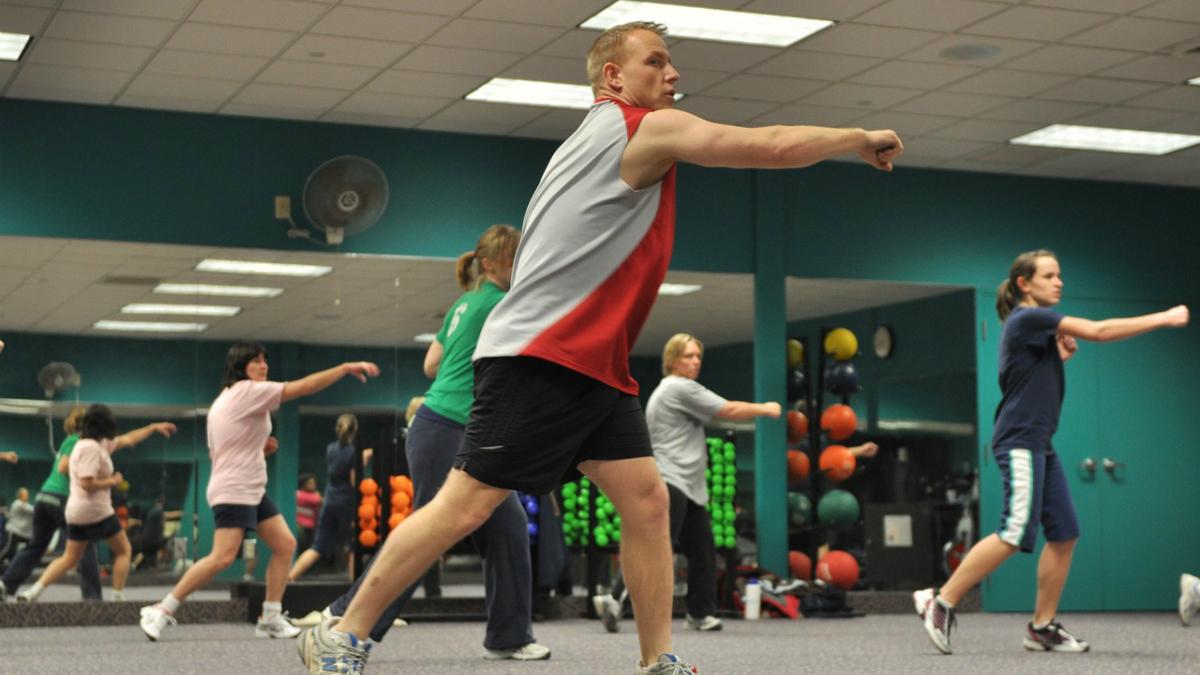The CSP has contributed to new guidance that aims to improve the quality of strength and balance exercise programmes for people in the community.

Strength and balance quality markers: supporting improvement, published on 29 July, was produced by Public Health England and the National Falls Prevention Coordination Group (NFPCG), which includes CSP among its members.
The document sets out seven quality markers for strength and balance exercise, which are designed to be used as criteria by commissioners and strategic leads in England, as a tool to help them carry out self-audits in their local areas.
CSP assistant director Ruth ten Hove said the society was endorsing the guidance which was developed with experts in the field and in collaboration with other professional bodies.
‘This guidance gives clinical commissioning groups (CCGs) and provider organisations the opportunity to self-assess their provision and quality of strength and balance programmes,’ she explained.
‘The CSP worked closely with Agile, the professional network for physiotherapists working with older people, and the Royal College of Physicians to develop the evidence based recommendations.’
Ensuring that programmes effectively prevent falls

The guidance advises that in order for strength and balance improvement programmes to be effective at preventing falls, they should include either one-to-one or group balance and task training exercises, plus resistance exercises delivered by an appropriately qualified instructor.
It also recommends that programmes should run for a minimum of 50 hours, include weekly sessions of at least two to three hours and provide exercises that are progressive, in terms of intensity and challenge, and tailored to each individual.
In addition, it suggests that local commissioners and programme providers should
- raise awareness that falls are not an inevitable part of ageing and should provide suitable information about what older people can do to prevent them
- establish effective referral pathways and encourage uptake to strength and exercise programmes
- use a person-centred and evidence-based approach and monitor outcomes
Evidence-based audit criteria
The quality markers included in the guidance suggest auditing factors such as
- The provision of evidence-based muscle strengthening and balance improvement exercise programmes in a local area
- Participant adherence and completion rates for strength and balance exercise programmes
- Outcomes that demonstrate improvements in gait and balance
- What support participants receive to maintain physical activity levels
As well as being backed by the CSP, the guidance has also been endorsed by the British Geriatrics Society, the College of Podiatry, the Royal Society for the Prevention of Accidents and the National Audit of Inpatient Falls.
Find Out More
Number of subscribers: 7



































